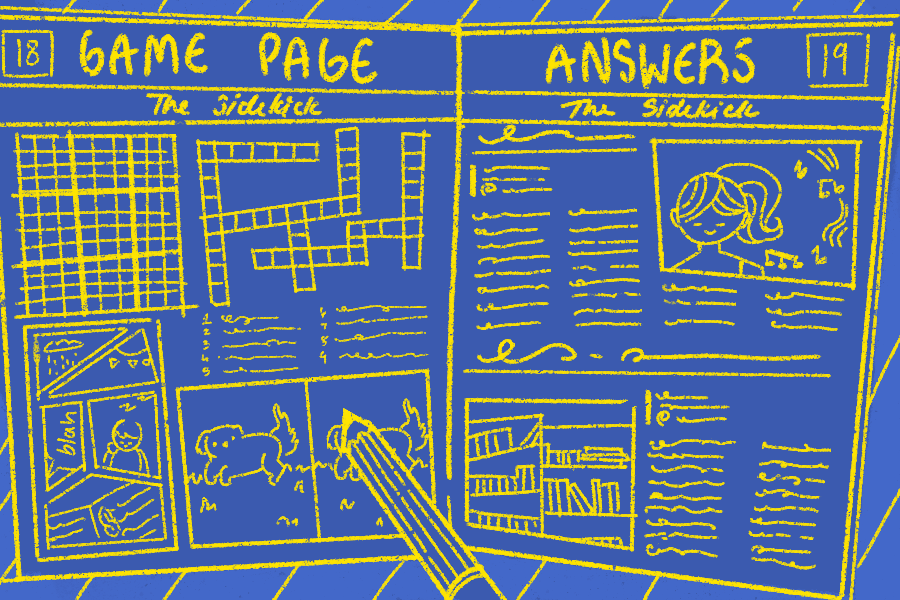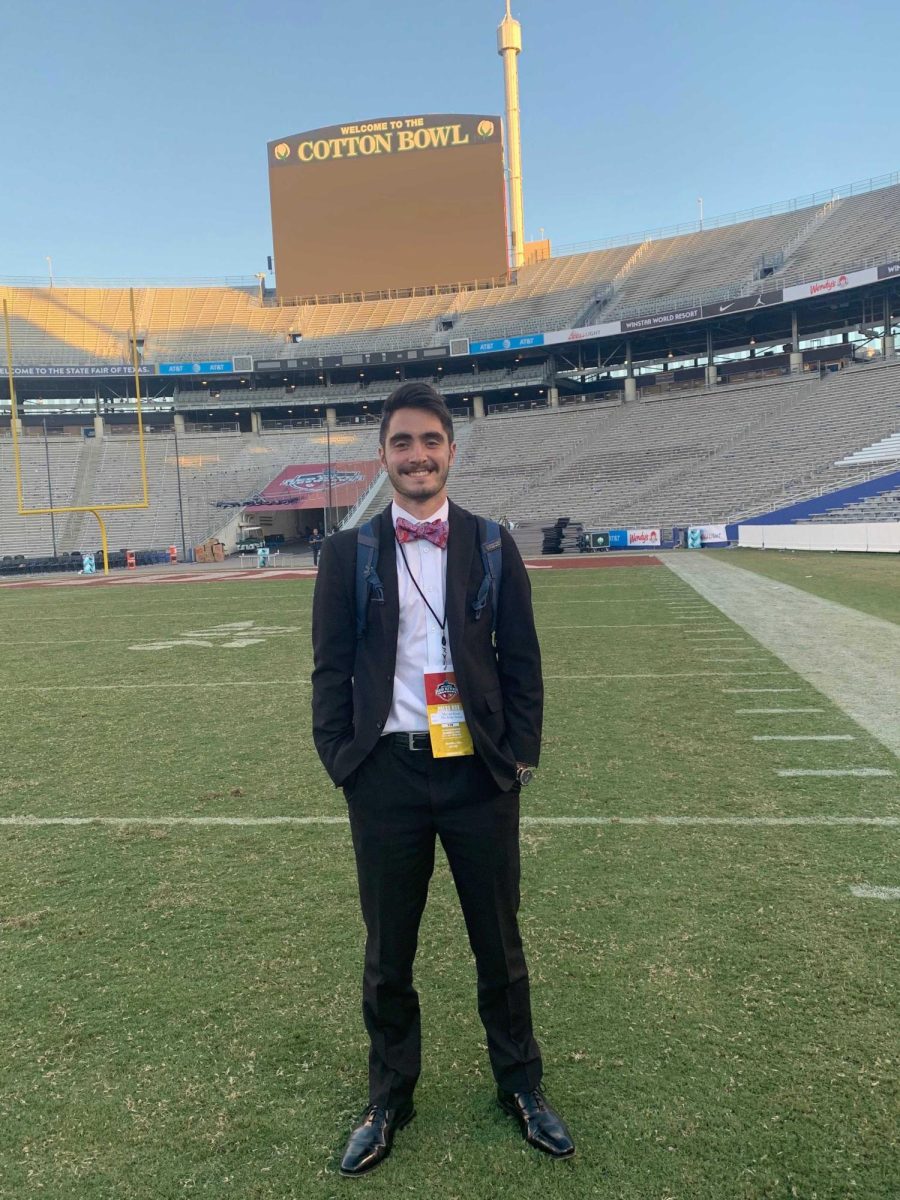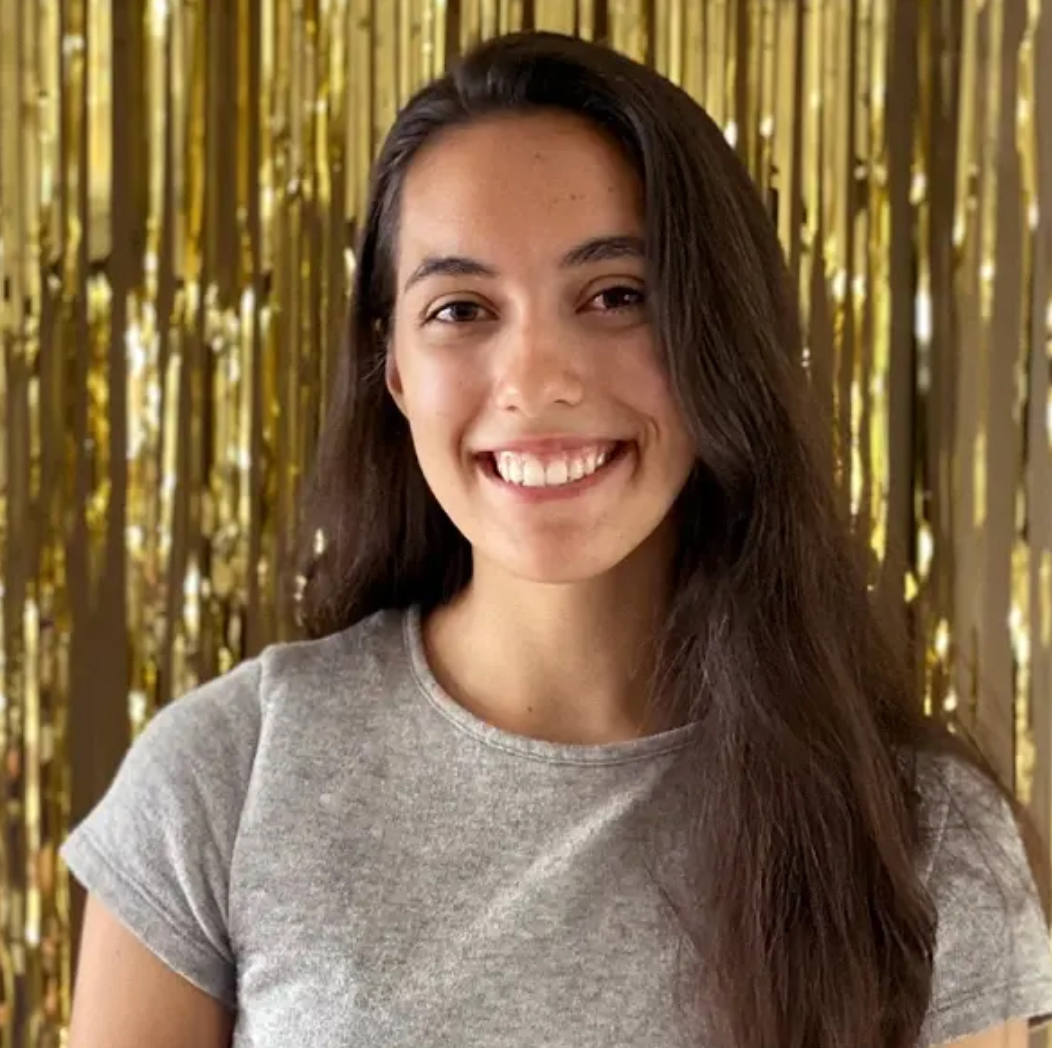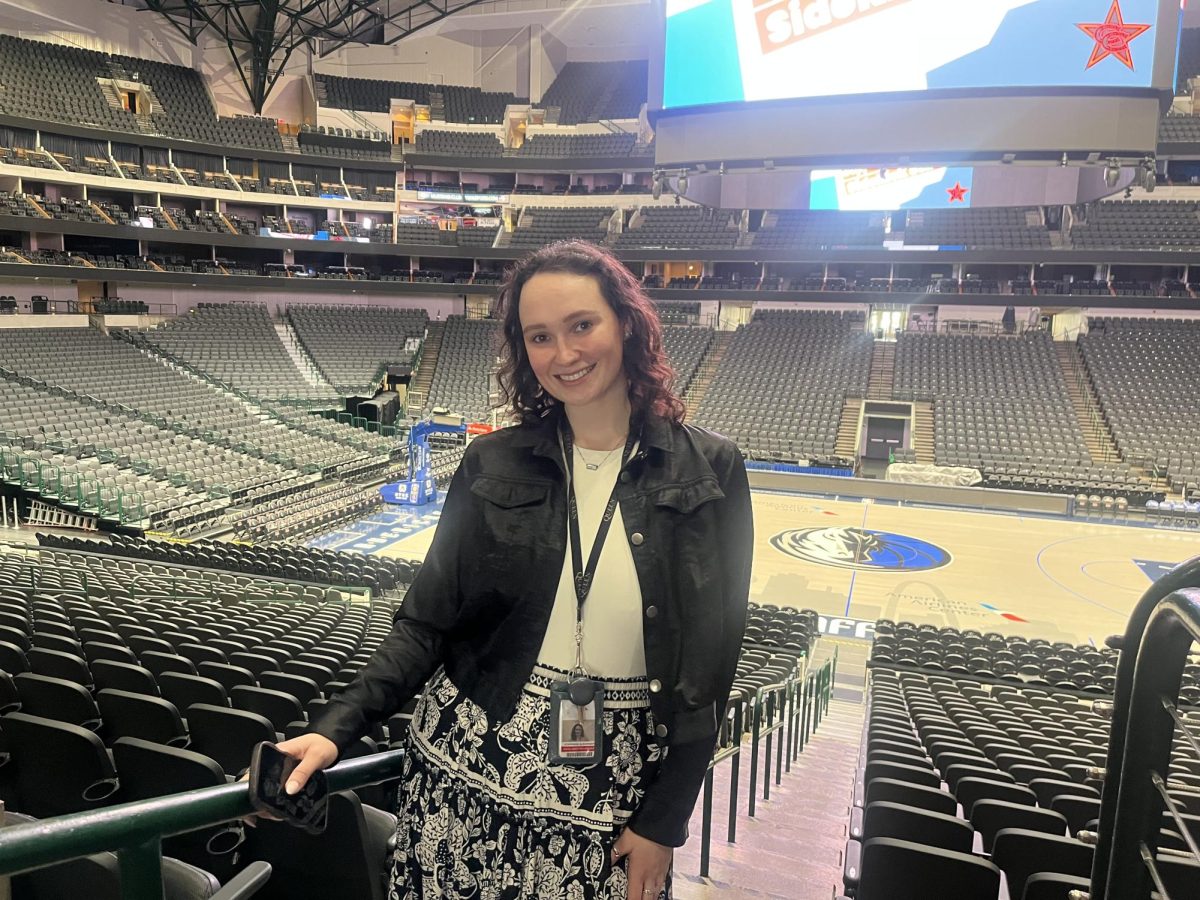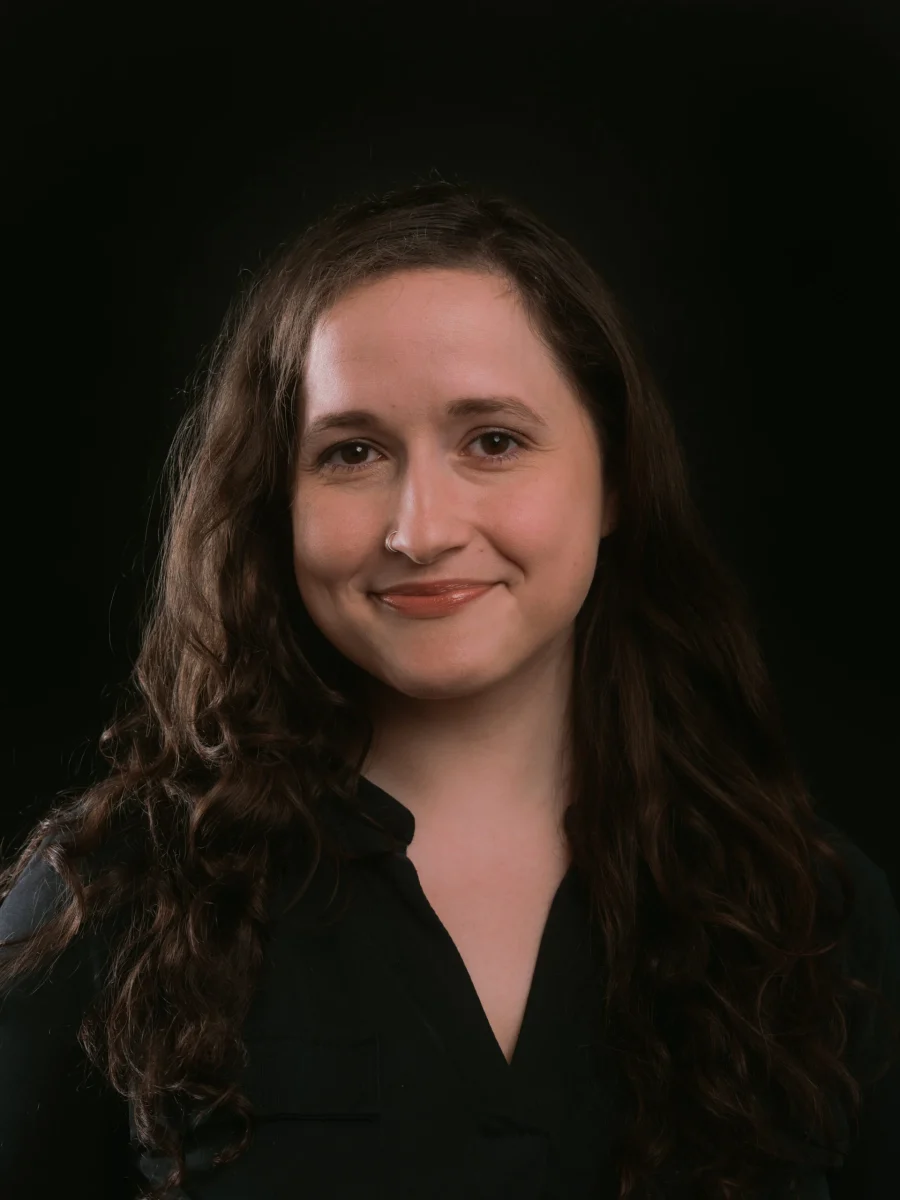by Mike Pankonien
Staff Writer
It can be a topic here in post 9/11 America; in a country made up mostly of Christians, knowledge of Islam can be hard to find from those who don’t follow the religion. So what better way to address the issues that spawn from a lack of information than to have an actual scholar of Islam speak on them? On May 11th, a speaker from the Islamic Center of Irving came to speak to an audience of teachers in the library.
“Teacher’s have to have 12 hours of professional development hours every year,” teacher Mrs. Caussey said. “It used to be we’d get these during the first week of thanksgiving break, but now they’ve broken them up into more flexible classes throughout the year.”
The visit provided such hours and as such ten teachers attended to gain some hours and answer some questions. Visiting was Dr. Khalid, a member of the Irving Center of Irving. Along with an assistant, Dr. Khalid covered a variety of topics, from the origins of Islam, to its beliefs, to the practices of its followers.
“A majority of the issues with Islam today stem from ignorance,” Dr. Khalid said. “From the issues here in America, to the issues in the Middle East and Asia, ignorance is the key criminal. By promoting Islam and being forthwith in talking about it, [I] hope to correct this ignorance.”
Some students in Coppell have felt that despite CHS being a multi-culture school, views of Islam within the school have been easily skewered.
“As a Muslim, I feel like there’s some understanding [about Islam], but there could be more,” junior Farah Mithani said. “People tend to just lump the major sects of Islam together instead of learning the differences, acknowledging they exist.”
Over the course of Dr. Khalid’s presentation, what originally was a quiet and observing audience became an active and attentive group discussion. Dr. Khalid welcomed questions and answered with both quotes from Islam’s holy book, the Quran, and with examples as well. The unspoken questions from teachers became answered and the questions themselves became more open ended.
“I thought it was interesting,” teacher Mr. Brimage said. “As a Christian I don’t agree with some of what [Dr. Khalid] said but it was good to know their point of view.”
While some of the teachers there were there to fill their development hours requirement, some were also there simply out of their own curiosity. Amongst the audience were several teachers and assistant principals taking notes. And not all the questions were about the faith; some teachers asked how they could better accommodate the needs and beliefs of their Muslim students.
“To learn I have to take notes,” Caussy said. “I’m really interested in Islamic culture, especially after reading ‘Kite Runner’ and ‘Three Cups of Tea’ so when I saw this was available for development hours I signed up right away.”
Along with his presentation, Dr. Khalid offered several books and pamphlets on Islamic culture and beliefs that were available for those who attended, including copies of the Quran and several literary items on the history of Islam.



